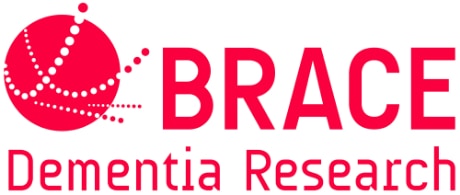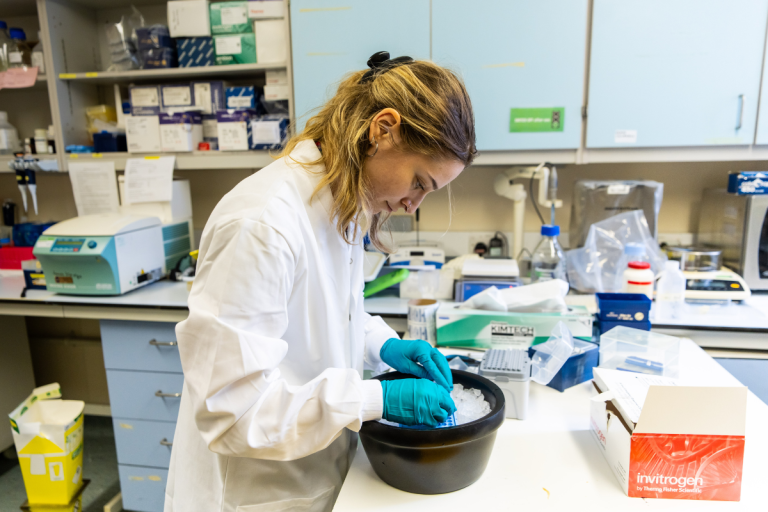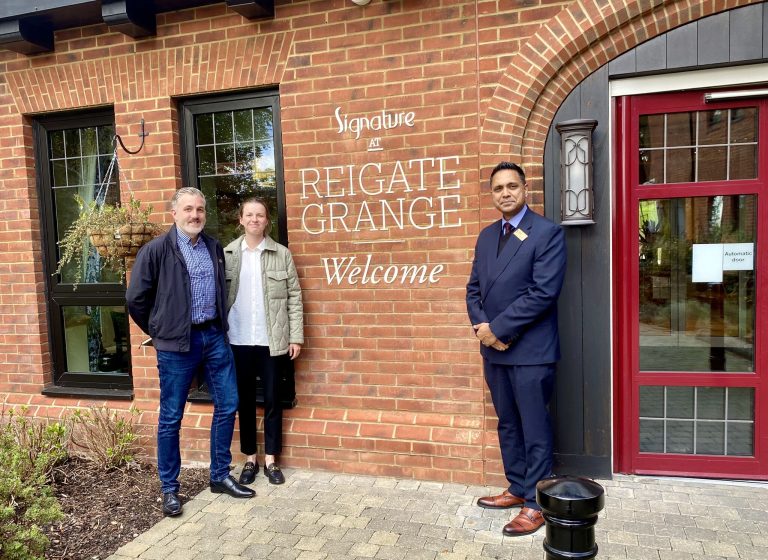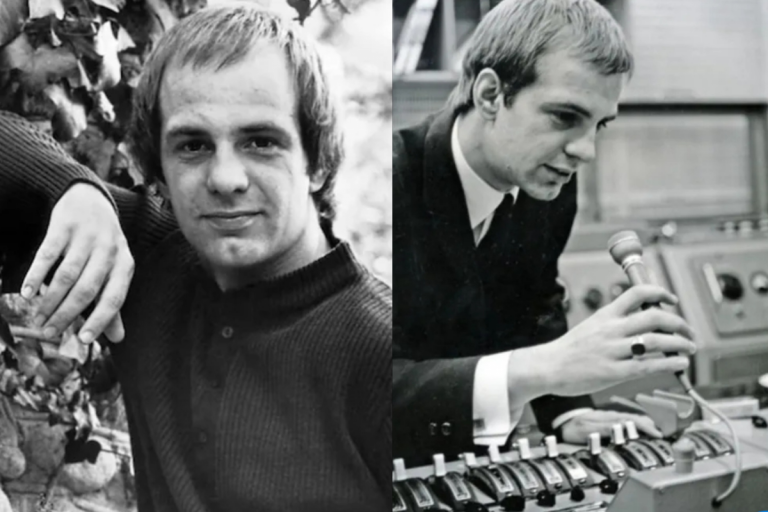Volunteering and Ethics
Volunteering is a fantastic way to contribute to the fight against dementia. If you have decided to volunteer, you can be confident that the research study has been subject to scrutiny by the human research ethics committee, of the institution conducting the research (see below!).
There are many safeguards in place to ensure that volunteers are supported before, during and after the research has taken place. The Declaration of Helsinki was the first document that set out the standard practices for human research ethics and is used as the base for all medical research that happens in the UK. A key principle in this document is that the health of the patient in the research trial MUST be the first consideration of the physician conducting the research.

Medical research involving human volunteers is subject to strict approval from the research ethics committee of the institution conducting the research. This is to ensure that that many important criteria are met before research takes place. These criteria vary from institution to institution but typically contain similar key points;
- The participation of humans must be voluntary and with appropriately recorded consent.
- Full information must be provided to participants, including outlining rights to withdraw and intended publication of research.
- Adequate support and/ or protection of participants must be provided.
- A full risk assessment must be complete.
- An appropriate policy and practice concerning confidentiality of research participants.
- Sufficient evidence that the use of human participants cannot be avoided and that the risk involved in the research does not outweigh the benefits.
If you are considering taking part in human trial in research funded by BRACE, further specific information can be found in the following links:
Share this page




